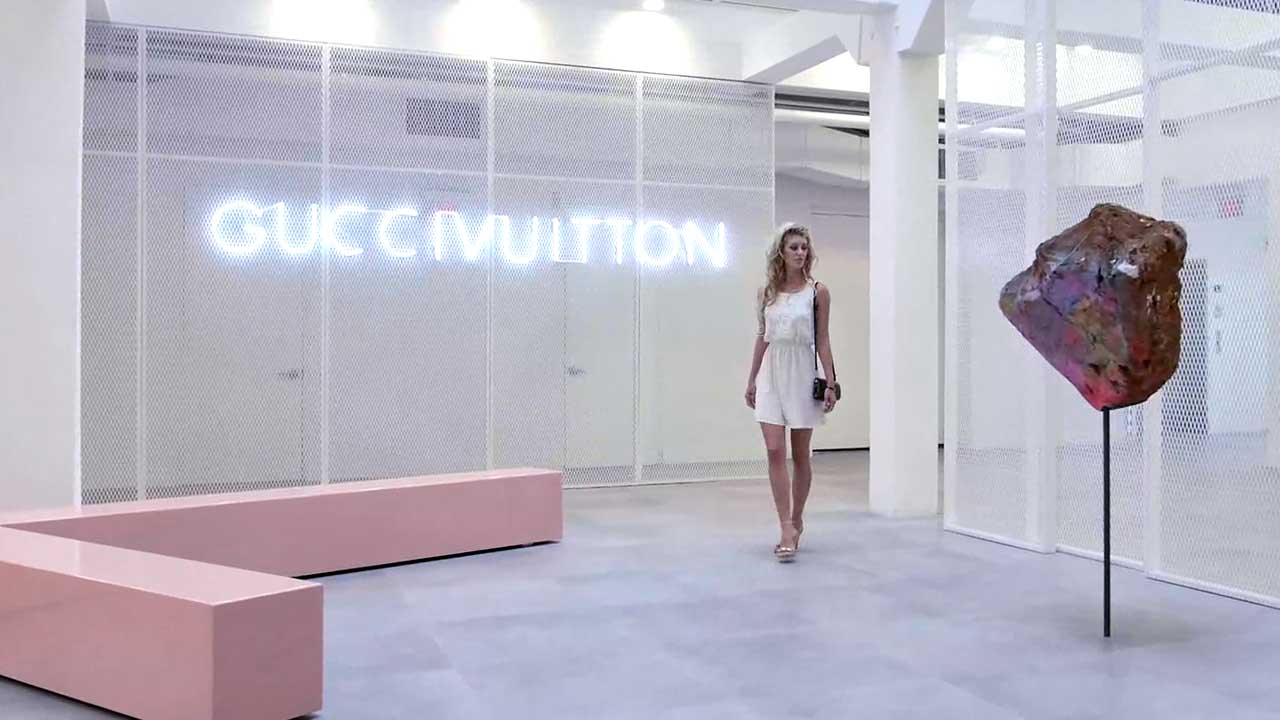aCCeSsions is the online journal of the Center for Curatorial Studies, Bard College, New York.
aCCeSsions takes curating as a basis for expanding and transforming the disciplinary limits of existing discourses, for engaging with knowledge and practices outside of art and exhibition-making, and for the transdisciplinary investigation of what curatorial praxis could be.
aCCeSsions commissions contributions over a biannual publication cycle. Each new issue is launched with feature pieces and provocations that explore the publication cycle’s central theme. The provocations are designed to elicit a chain reaction of responses and a wider conversation, which culminates at the end of the cycle with concluding remarks from the initial provocateur. Each issue of aCCeSsions is archived at the end of the publication cycle.
